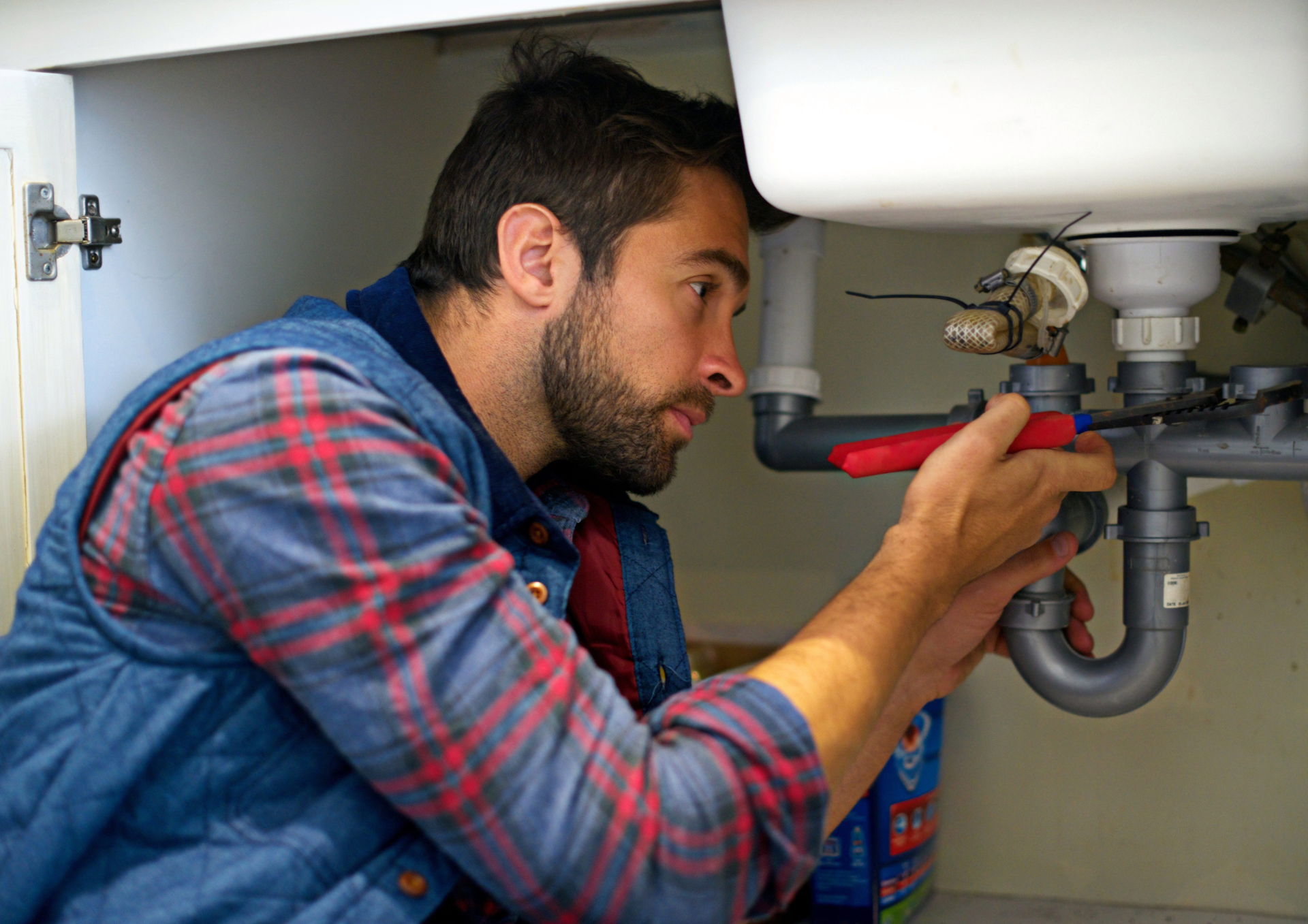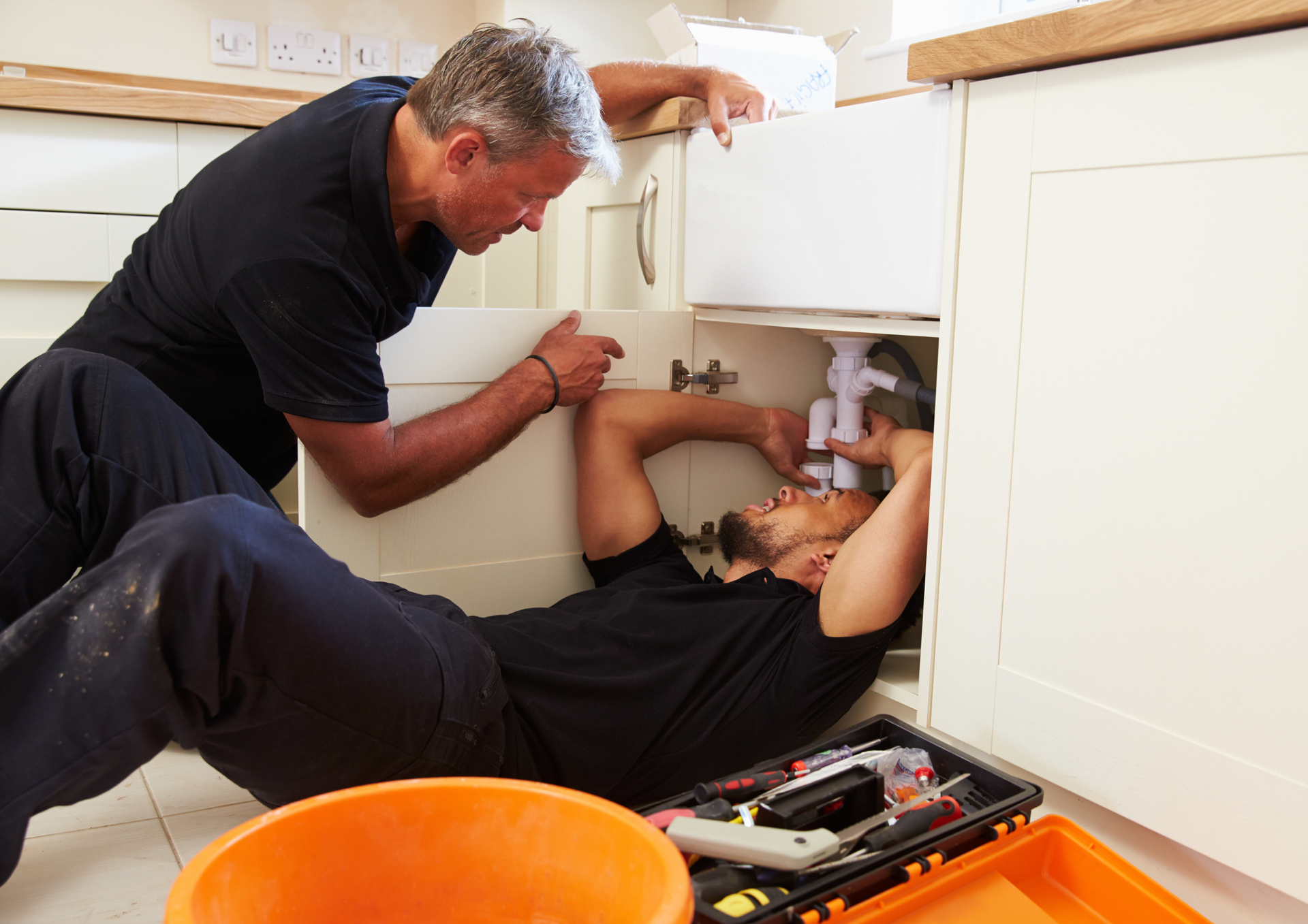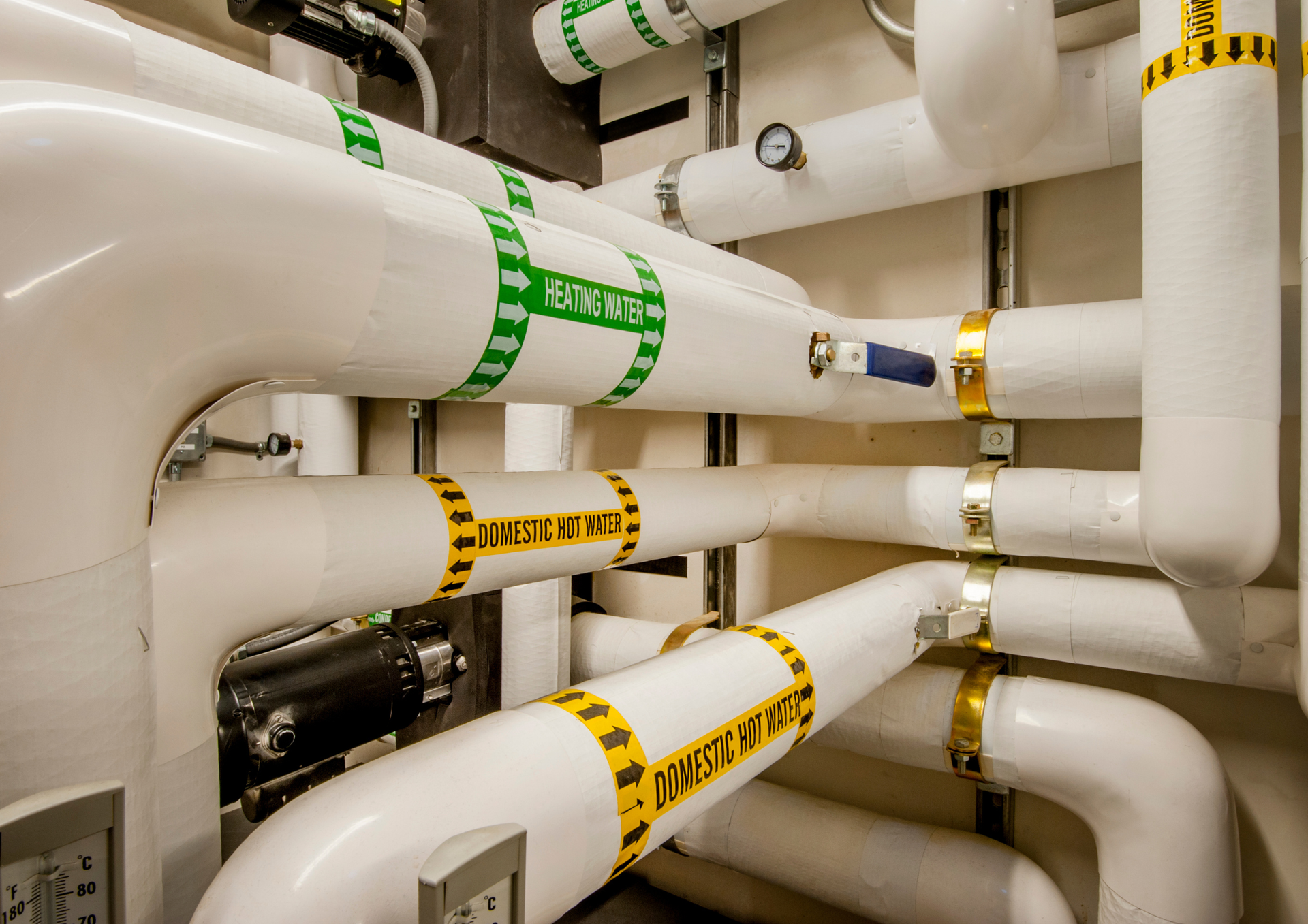Domestic vs Commercial Plumbing: Key Differences to Understand
When it comes to plumbing, many people assume it’s a one-size-fits-all service. However, there are clear differences between domestic and commercial systems that impact everything from design and installation to maintenance and regulation. Understanding these differences is crucial, whether you're a homeowner planning a renovation, a construction firm managing a new build, or a business relocating offices.
This article outlines six key differences between domestic and commercial plumbing to help you choose the right solution.
Scope and Scale of Work
One of the most obvious differences lies in the scale of work involved. Domestic systems are designed to support individual homes or small flats, typically with a few bathrooms, a kitchen, and perhaps a utility room. The layout is relatively simple, serving the basic needs of a household.
In contrast, commercial plumbing systems cater to larger buildings with multiple floors, numerous washrooms, kitchens, and possibly industrial appliances. These systems must be designed to handle higher water demands, more frequent usage, and larger waste output. Examples include office blocks, hotels, shopping centers, and restaurants—all requiring more complex piping and drainage networks.
For this reason, commercial jobs often require a team of experienced professionals with advanced knowledge of large-scale system design and installation.
Equipment and Materials Used
Domestic and commercial environments require different tools and materials. Home installations typically use smaller pipes, standard fixtures, and basic water heaters suited for low-volume usage.
Commercial properties often need industrial-grade materials that can withstand heavy use. Larger diameter piping, reinforced joints, pressure regulators, and advanced drainage systems are common in business environments. In addition, commercial plumbers often work with boilers, industrial water tanks, and more robust heating systems.
Finding the right local plumbers who understand these distinctions is key when taking on any major task. Not all plumbers are equipped or trained to handle both domestic and commercial setups effectively.
Building Regulations and Compliance
Whether you're renovating a home or fitting out an office block, compliance with building regulations is critical. However, commercial buildings are subject to far stricter codes. Fire safety regulations, disability access requirements, and water safety rules are often more comprehensive than those for homes.
For instance, backflow prevention devices may be mandatory in a commercial setup to protect the public water supply. Health and safety laws can also dictate the type of fixtures used in commercial kitchens or washrooms.
Professional plumbers must be well-versed in local regulations to ensure all work is fully compliant and avoid costly fines or remedial work later on.
Water Pressure and Demand
Water usage varies significantly between homes and commercial buildings. Domestic properties may only use a few hundred liters per day, depending on the number of residents. Water pressure needs are moderate and easy to manage with standard installations.
Commercial premises, on the other hand, must support simultaneous water usage by dozens or even hundreds of people. Think of a hotel with multiple guests showering in the morning, or a restaurant kitchen operating during peak hours. Systems must be engineered to maintain steady pressure across all outlets, even during heavy use.
This is where professional installation becomes critical. A qualified team can ensure that all pressure issues are addressed before they become costly problems, using boosters, pressure regulators, or zoned systems where necessary.
If you're searching for plumbing services near me to handle high-pressure demands, make sure they have experience with commercial systems.
Maintenance Requirements
Domestic systems typically require less frequent maintenance and can often be handled by a single plumber. Minor leaks, blocked sinks, or faulty taps are usually resolved quickly and inexpensively.
In contrast, commercial systems face far more wear and tear due to constant use. Maintenance must be scheduled regularly to avoid disruptions, and inspections are often needed to comply with health and safety regulations. For businesses, downtime caused by the issue can result in lost income and damaged reputation.
For this reason, many companies retain 24 hour plumber access as part of their facility management strategy. Having someone available around the clock can be a crucial safeguard against unexpected breakdowns.
Cost Implications and Project Timelines
Unsurprisingly, commercial plumbing services are more expensive than domestic jobs due to their complexity, the scale of equipment involved, and labor hours required. Installation costs for a domestic bathroom might run into the hundreds, whereas a commercial job could cost thousands—even tens of thousands—depending on scope.
This has significant implications for project management. Planning ahead, budgeting accurately, and hiring reliable professionals is vital. Working with a provider who understands both domestic and commercial systems can reduce the risk of delays and help you stay within budget.
While domestic and commercial
plumbing
share the same basic principles, the differences in scale, regulation, equipment, and maintenance are substantial. Choosing the right professionals for the job makes all the difference. Whether you're managing a home renovation or overseeing a large construction project, understanding these key distinctions helps ensure your water systems are reliable, safe, and legally compliant.
At
Emergency Plumber Luton, we offer both domestic and commercial solutions tailored to your specific needs. Our team is experienced, professional, and available around the clock to respond to urgent issues and scheduled work alike. Whether you need routine maintenance or a rapid response, we’re here to help.
We take pride in our clear communication, efficient service, and commitment to doing the job right the first time. Whether you're a homeowner, builder, or business owner, you can trust us to deliver dependable results every time.
Latest post on X: Domestic vs commercial
plumbing – what you need to know!



